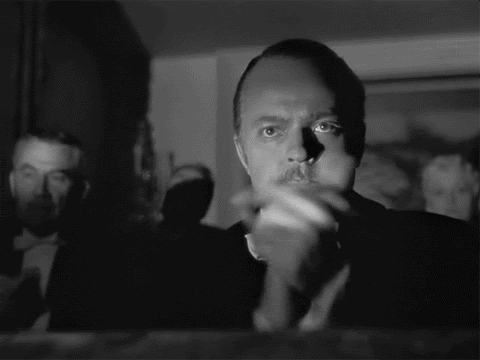Youmight have seen this provocative piece by Joel Stein entitled “Adults Should Read Adult Books.” If you haven’t, go ahead and click through- it’s all of five short paragraphs.
Predictably, in the wake of massive success for recent Young Adult series like Harry Potter, Twilight and the Hunger Games, people are eating him alive in the comments. Now, we’re not flocking to Stein’s banner by any means, but if you’ve hung around here long enough, you know we sympathize somewhat with the sentiment he’s trying to convey (though he might have tried honey instead of vinegar to get his point across).
‘Improve your self, Improve your shelf’ is the admonition featured in our header above. And the Henry David Thoreau quote on the right sidebar carries a similar message to readers. But who decides what the best books are, or which are worth your time?
I hate to disappoint you, but I’m not going to get into that today. People are gonna read what they’re gonna read. And while I’d love it if they mixed a little Scout Finch in with their Katniss Everdeen, I won‘t begrudge anyone their choice of reading material. It’s not like I don’t enjoy a good beach read now and again. What I’d like to know is this (regardless of what you read, and regardless of whether you have aspirations as a writer):
If you could choose between writing books that became celebrated literary works, taught in schools and revered for generations, -or- writing gripping YA novels that yielded you bucketloads of cash and worldwide fame- which would you choose?
Answer the poll question below, and feel free to elaborate in the comments. No wrong answers here, I’m just curious.

